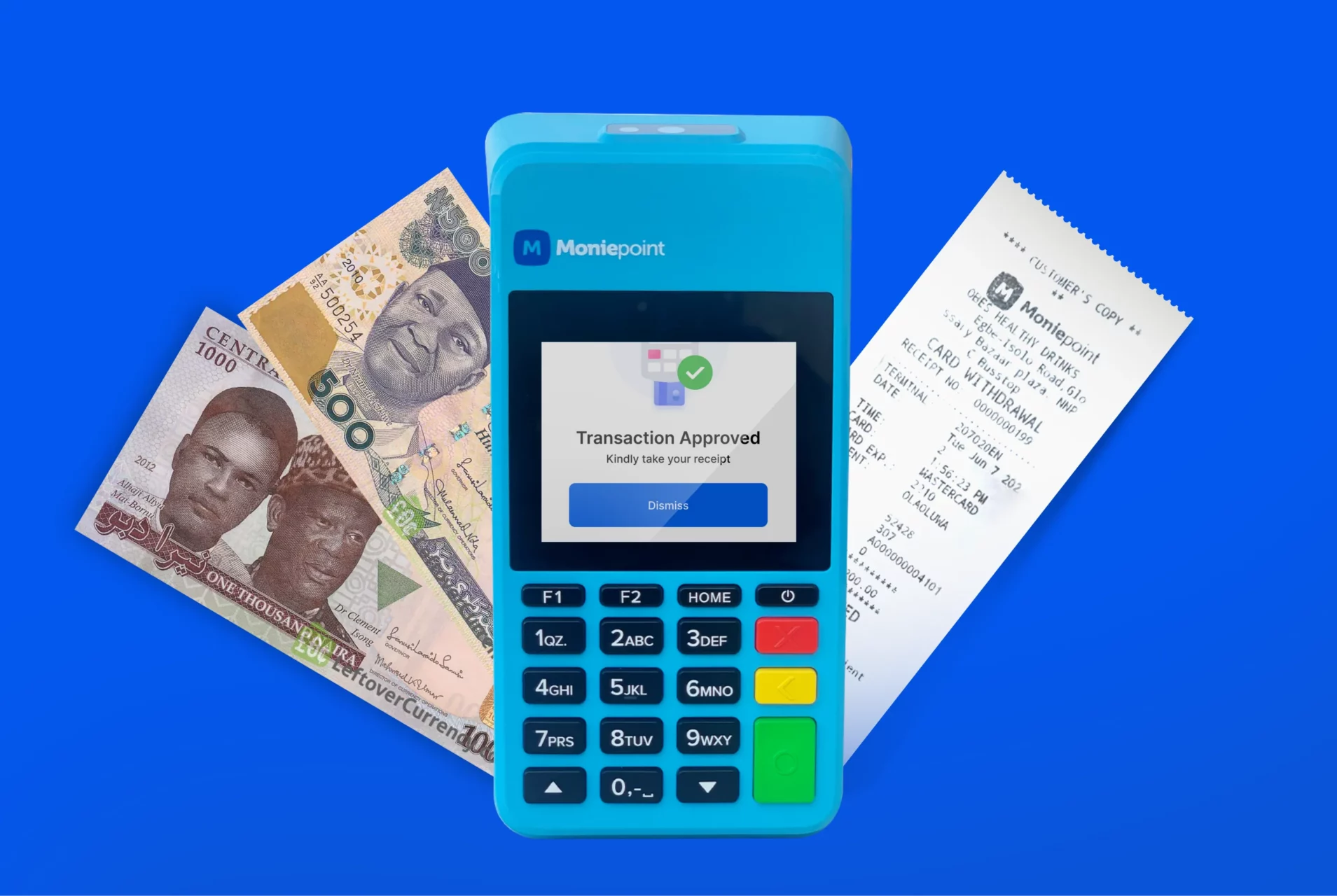Moniepoint Progresses on Acquiring Kenya's Sumac Microfinance Bank Following Approvals

Nigerian fintech company Moniepoint Inc. is poised to make a significant entry into the Kenyan financial market following the Competition Authority of Kenya (CAK) granting regulatory approval for its acquisition of a 78% majority stake in Sumac Microfinance Bank Limited. This strategic transaction, which now awaits final clearance from the Central Bank of Kenya (CBK), marks a crucial step in Moniepoint's ambition to expand its digital financial services across the African continent.
The CAK's green light for the acquisition underscores its assessment that the deal is unlikely to negatively impact competition within Kenya's microfinance sector or harm public interest. A key factor in this decision is that Moniepoint currently has no existing operations in Kenya, meaning the acquisition will not immediately alter Sumac's market share or adversely affect pricing and consumer choice. Furthermore, the CAK confirmed that all current Sumac employees are expected to be retained under their existing terms, thereby preventing job losses.
Moniepoint Inc., though incorporated in the United States, conducts its primary operations from Nigeria, where it has emerged as a formidable player in the fintech arena. Founded in 2015 by Tosin Eniolorunda and Felix Ike, the company specializes in providing payment infrastructure and financial solutions, particularly to small and medium-sized enterprises (SMEs), through its Nigerian subsidiaries, Moniepoint Microfinance Bank and TeamApt. Moniepoint reportedly supports over 10 million businesses and processes transactions valued at approximately $17 billion monthly in Nigeria, highlighting its significant scale and proven track record of profitability.
Sumac Microfinance Bank, the entity being acquired, is a medium-sized Kenyan financial institution. Its origins trace back to 2001 when it started as a savings and credit cooperative society. It subsequently transitioned into a deposit-taking microfinance bank and was officially licensed by the CBK in 2012. As of December 2023, Sumac Microfinance Bank held assets valued at KES 3.013 billion (around $23 million), catered to nearly 16,000 deposit accounts, and managed over 43,800 active loan accounts, giving it approximately 4.3% share of Kenya’s microfinance market.
For Moniepoint, the acquisition of Sumac offers a strategic and accelerated pathway into Kenya's dynamic financial services market. This is particularly attractive given Kenya's highly developed $67.3 billion mobile payments ecosystem, famously revolutionized by M-Pesa. By acquiring an established entity, Moniepoint can leverage Sumac’s existing license and operational infrastructure, effectively bypassing the potentially protracted process of applying for a new license. This move aligns perfectly with Moniepoint's overarching goal of becoming a pan-African digital financial powerhouse by extending its innovative offerings to Kenya's large base of mobile-first consumers and businesses.
This planned acquisition follows a previously reported, but ultimately unsuccessful, attempt by Moniepoint to acquire KopoKopo, another Kenyan payments company, even though that deal had also received regulatory approvals. Moniepoint's persistent pursuit of a Kenyan entry, now focused on Sumac, highlights a broader trend within the African fintech and banking industries. Established players are increasingly opting to acquire smaller, already-regulated entities as a means to accelerate their entry into new markets and expand their product suites more efficiently.
Such strategic acquisitions are becoming a common tactic as companies aim to navigate complex regulatory landscapes and achieve quicker operational readiness in new geographical territories. Recent notable examples in Kenya include KCB Group's purchase of Riverbank Solutions and Access Bank of Nigeria's approved acquisition of the National Bank of Kenya. These transactions reflect a continental shift towards market consolidation and strategic scaling by major financial service providers.
Should the acquisition of Sumac Microfinance Bank receive the final nod from the Central Bank of Kenya, it is anticipated to bring substantial benefits to Sumac, including an infusion of fresh capital, access to Moniepoint's sophisticated financial technology infrastructure, and enhanced opportunities for innovation. For the broader Kenyan market, Moniepoint's entry is likely to spur increased competition, especially within the SME and retail banking segments. This could lead to the introduction of new digital financial solutions, ultimately benefiting both consumers and businesses. The successful finalization of this deal will represent a significant achievement for Moniepoint in its ongoing African expansion strategy.








